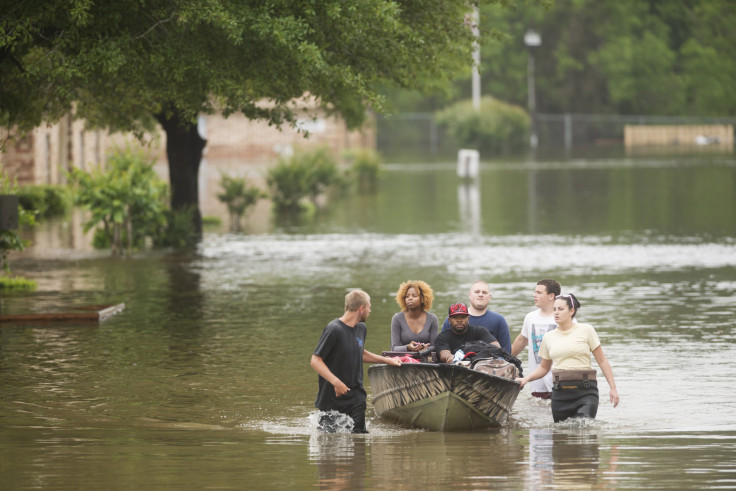Florida Ban On Climate Change Term Extends To Other State Agencies, Investigation Finds

Florida’s unofficial policy of preventing environmental officials from using terms like “climate change” and “global warming” in their work reportedly extended to other state agencies. In the past few days, employees from Florida’s transportation, health and water agencies have approached reporters to confirm that they, too, were pressured to drop any references to the man-made phenomenon in official communications.
The Florida Center for Investigative Reporting (FCIR) first reported Sunday that Gov. Rick Scott’s administration ordered employees in the state’s Department of Environmental Protection, as well as DEP contractors and volunteers, to eliminate references to climate change and its effects in agency reports and discussions. Scott’s office and a DEP spokeswoman have repeatedly denied that such a policy exists. The governor this week told reporters: “It’s not true.”
But since the report was published, employees from the DEP and other state agencies have started reaching out to the FCIR team to confirm the Scott administration’s unofficial ban on mentions of climate change.
Bill Taylor, a former assistant district manager in the Florida Department of Transportation’s office in Fort Lauderdale, said he was told not to use certain environmental references during a meeting of district managers, FCIR reported this week. A former employee at the South Florida Water Management District said “it was widely known” among employees that terms like “climate change” and “global warming” couldn’t go into official reports. “They just wouldn’t make it through the editing process,” the source said.
Elizabeth Radke recalled the time she collaborated with the Florida Department of Health for her Ph.D. dissertation at the University of Florida. Because she worked with a health department employee, agency officials in Tallahassee had to review her paper. “The last round of revisions were sent at the end of January,” Radke told FCIR. “Each reference to climate change was underlined and the reason why was explained to me verbally.” She said she had to delete the words.
News of the Scott administration’s policy sparked outrage this week among environmental activists, scientists and the public. Florida is among the U.S. states that are most vulnerable to climate change. With sea levels projected to rise by 3 to 6 feet by the end of this century, most of Florida’s southern tip could soon be underwater, climate scientists have warned. Currently, more than 2 million people and 1 million homes in Florida sit within just 4 inches of the local high tide line.
In October, a group of South Florida lawmakers proposed to sever ties with the northern counties and form the 51st American state -- a political stunt meant to draw attention to the dangers that low-lying communities face from climate change. The measure’s backers argued that state politicians aren’t doing enough to protect the southern half of the state from rising seas and increased flooding.
Jerry Phillips, a former Florida DEP attorney who now runs the Florida chapter of Public Employees for Environmental Responsibility, told FCIR this week that he’s received more than a dozen complaints from state environmental employees about this topic over the past five years.
“The complaints have been that if climate change projects can be put on the back burner, that’s what the [Scott] administration would want to have happen,” Phillips told the journalism center. “The level of fear, in my opinion, is at an all-time high at the DEP. In general, they feel they are being muzzled and cannot do their jobs.”
© Copyright IBTimes 2024. All rights reserved.





















